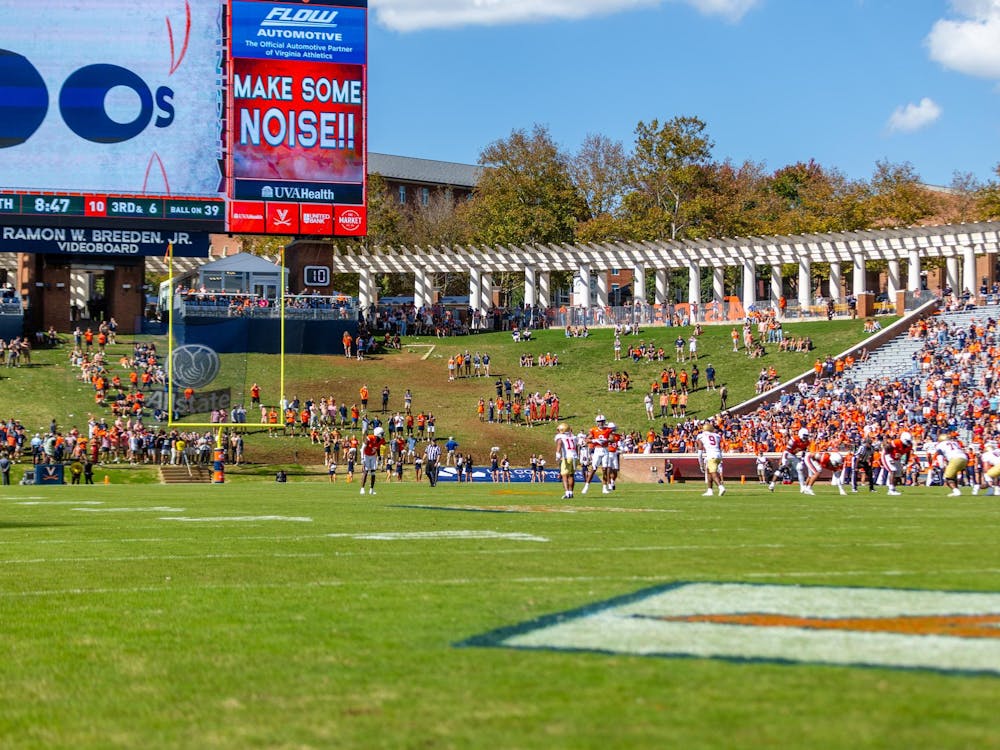His team trailing 5-2, his pride sullied after a first-period brawl that left him belly up, Marty McSorley decided enough was enough.
As the precious few seconds ticked off the Vancouver Jumbotron one by one, the Boston Bruins forward did the unexpected, the unbelievable and the unforgivable.
With a ferocious flick of his right wrist, McSorley, a notorious NHL rogue, whacked unsuspecting Canuck Donald Brashear in the side of the head with his stick. The wicked blow sent a comatose Brashear plummeting to the ice with whiplash only a driver's ed student could duplicate.
We have a name in this country for such dastardly deeds: assault. Or if you prefer a different term, attempted murder.
We also have a commonly assigned penalty for folks committing such heinous acts: upwards of 10 years in a maximum security facility of the state's choosing. Or in simpler terms, jail.
In the NHL, reprehensible conduct of this nature carries a far different sentence: anywhere from two to five minutes in a plexiglass penalty box, or for extreme naughtiness, a game misconduct disqualification.
Except for its notoriety, McSorley's case is far from unique. In fact, it's all too common.
Just four months prior to McSorley's well-chronicled mauling, Anaheim's Ruslan Salei sucker-punched Dallas' Mike Modano in the back of the head like Riddick Bowe at a pre-fight press conference. Just last week, Scott Niedermayer of the New Jersey Devils clubbed Florida's Peter Worrell upside the head, leaving Worrell with a fuzzy memory and an aching head to this very day.
With a rampant increase in violence overshadowing the game itself, the league had to make a move. It had to do something drastic to send a lasting message, to reinvent the sport and its image. So what did it do?
Naturally, it suspended the three goons - Salei and Niedermayer for 10 games each and McSorley for a record 23 games - which begs one simple question: that's all?
If I may hearken back to the real world yet again, our legal system has another term to characterize these batterings: illegal.
So why does the NHL balk at treating them as such, instead of covering up their crimes as "high sticks" or "cross checks?"
Money, that's why. To strip the NHL of fighting is to strip it of its identity and therefore its cash-cow.
Let's be honest here. Do people actually watch hockey to catch the rare sight of a blue line wrister or a nifty one-timer or even a killer kick save?
Not exactly.
The NHL generates 60 percent of its revenue at the gate, and those beer-swilling, overpaying zealots want their money's worth. What they want is some old-fashioned fisticuffs between their favorite two-toothed Sergei and Teemu.
Man's morbid curiosity with the outrageously violent is nothing new though. NFL aficionados thirst for blood-curdling collisions in the same way NASCAR fanatics enjoy a high-velocity game of bumper cars. And then there's the WWF. Millions ... and millions of Americans live and breathe the "sport," and I'm pretty sure kicking, punching and chair-hurling are solid reasons why.
The NHL is sports' version of the woman who begrudgingly marries rich: she doesn't want the husband but needs the money. With the public relations black eye hockey has sustained in the past few months, Commissioner Gary Bettman would relish the chance to divorce his game from the violence that so defines it.
He simply can't. Or won't.




